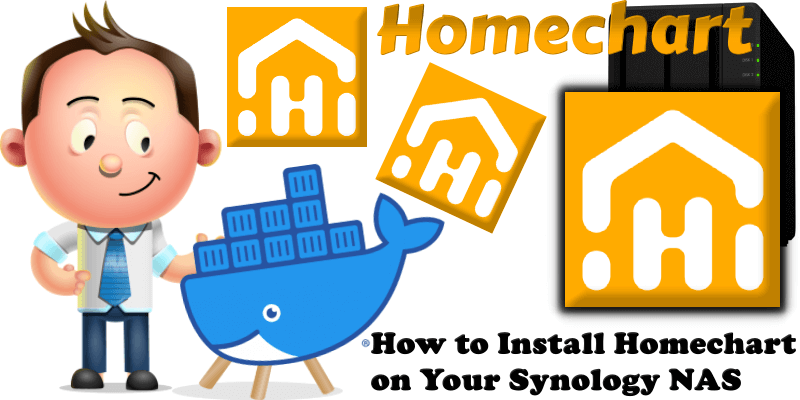
Homechart is built to be an integrated experience for all of your household data. Instead of having 5-10 different application to enter duplicate data into, Homechart integrates everything in some interesting ways, such as: Calendar shows your events, as well as upcoming meals, tasks, and recurring transactions. In this step by step guide I will show you how to install Homechart on your Synology NAS using Docker & Portainer.
This guide works perfectly with the latest Homechart v.2025.07 release.
STEP 1
Please Support My work by Making a Donation
STEP 2
Install Portainer using my step by step guide. If you already have Portainer installed on your Synology NAS, skip this STEP. Attention: Make sure you have installed the latest Portainer version.
STEP 3
Go to Control Panel / Login Portal / Advanced Tab / click Reverse Proxy. Follow the instructions in the image below.
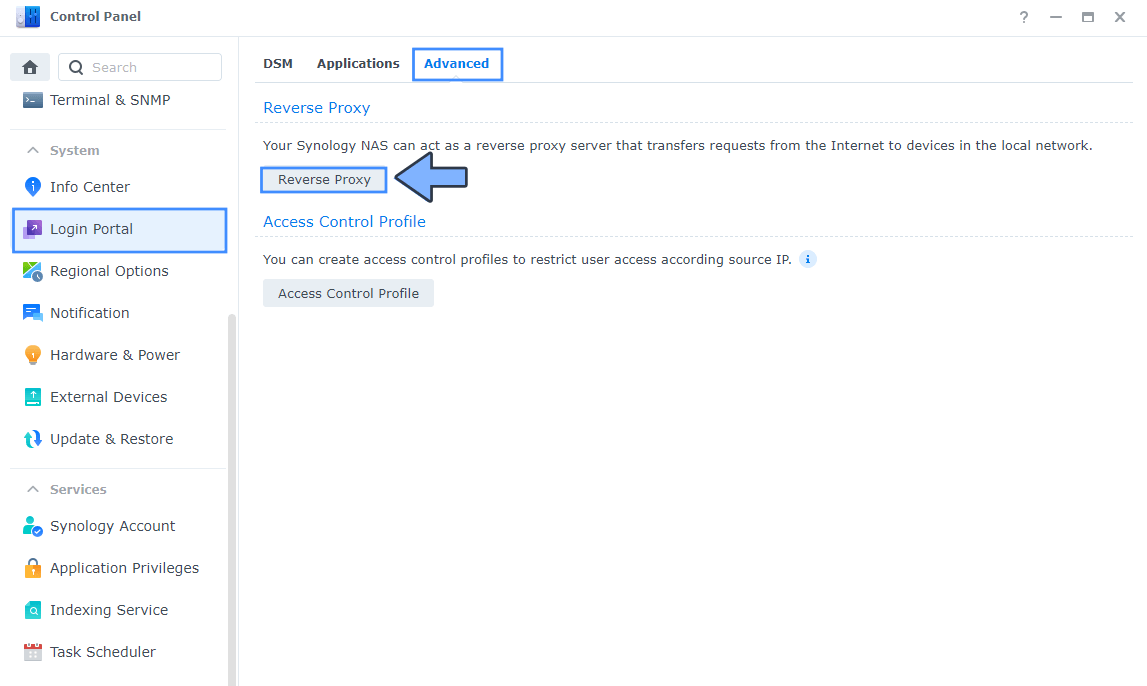
STEP 4
Now click the “Create” button. Follow the instructions in the image below.
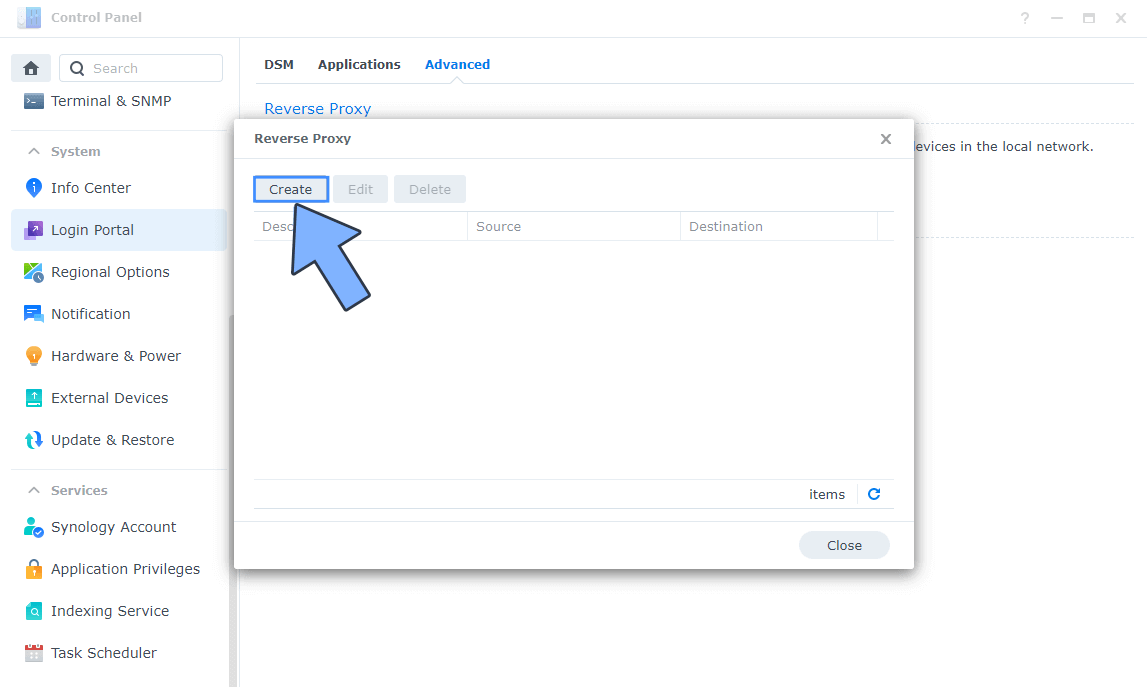
STEP 5
After you click the Create button, the window below will open. Follow the instructions in the image below.
On the General area, set the Reverse Proxy Name description: type in Homechart. After that, add the following instructions:
Source:
Protocol: HTTPS
Hostname: homechart.yourname.synology.me
Port: 443
Check Enable HSTS
Destination:
Protocol: HTTP
Hostname: localhost
Port: 3416
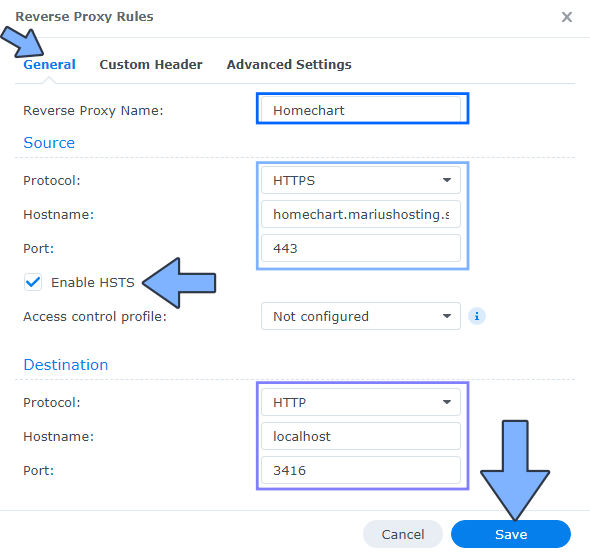
STEP 6
On the Reverse Proxy Rules, click the Custom Header tab. Click Create and then, from the drop-down menu, click WebSocket. After you click on WebSocket, two Header Names and two Values will be automatically added. Click Save. Follow the instructions in the image below.

STEP 7
Go to Control Panel / Network / Connectivity tab/ Check Enable HTTP/2 then click Apply. Follow the instructions in the image below.
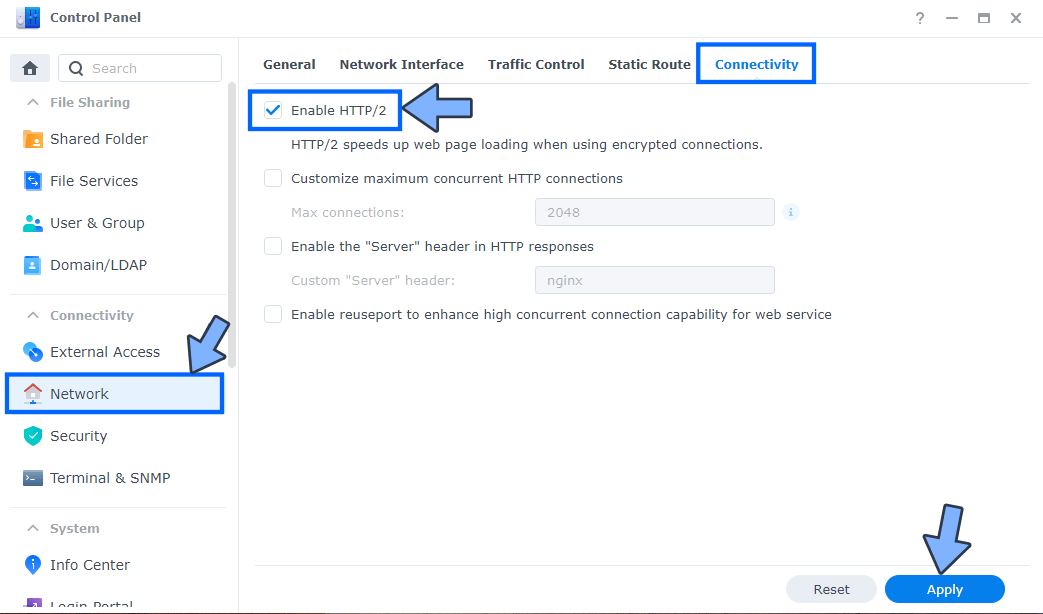
STEP 8
Go to Control Panel / Security / Advanced tab/ Check Enable HTTP Compression then click Apply. Follow the instructions in the image below.
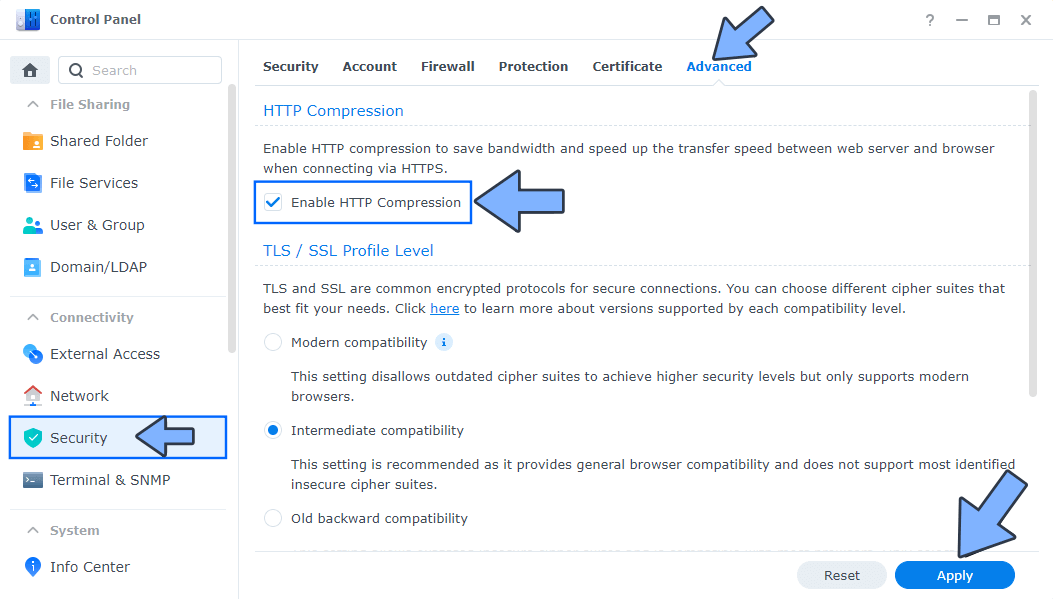
STEP 9
Go to File Station and open the docker folder. Inside the docker folder, create one new folder and name it homechartdb. Follow the instructions in the image below.
Note: Be careful to enter only lowercase, not uppercase letters.
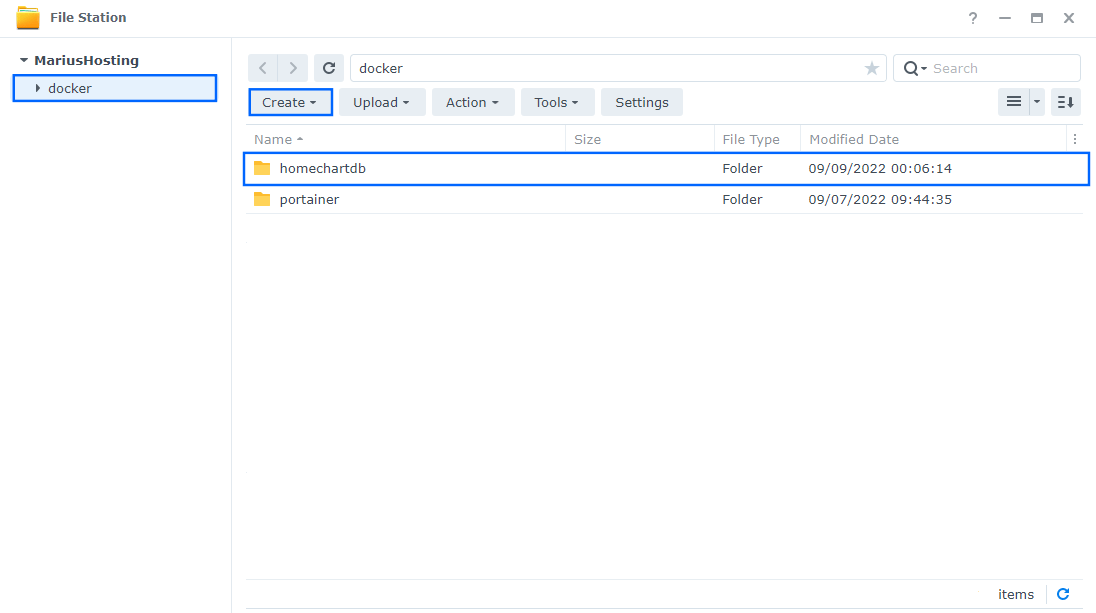
STEP 10
Log into Portainer using your username and password. On the left sidebar in Portainer, click on Home then Live connect. Follow the instructions in the image below.

On the left sidebar in Portainer, click on Stacks then + Add stack. Follow the instructions in the image below.

STEP 11
In the Name field type in homechart. Follow the instructions in the image below.
services:
db:
image: docker.io/postgres:17
container_name: Homechart-DB
hostname: homechart-db
security_opt:
- no-new-privileges:true
healthcheck:
test: ["CMD", "pg_isready", "-q", "-d", "homechart", "-U", "homechartuser"]
timeout: 45s
interval: 10s
retries: 10
volumes:
- /volume1/docker/homechartdb:/var/lib/postgresql/data:rw
environment:
POSTGRES_DB: homechart
POSTGRES_USER: homechartuser
POSTGRES_PASSWORD: homechartpass
restart: on-failure:5
homechart:
image: ghcr.io/candiddev/homechart:latest
container_name: Homechart
hostname: homechart
security_opt:
- no-new-privileges:true
ports:
- 3416:3000
environment:
HOMECHART_database_uri: postgresql://homechartuser:homechartpass@homechart-db:5432/homechart
restart: on-failure:5
depends_on:
db:
condition: service_healthy
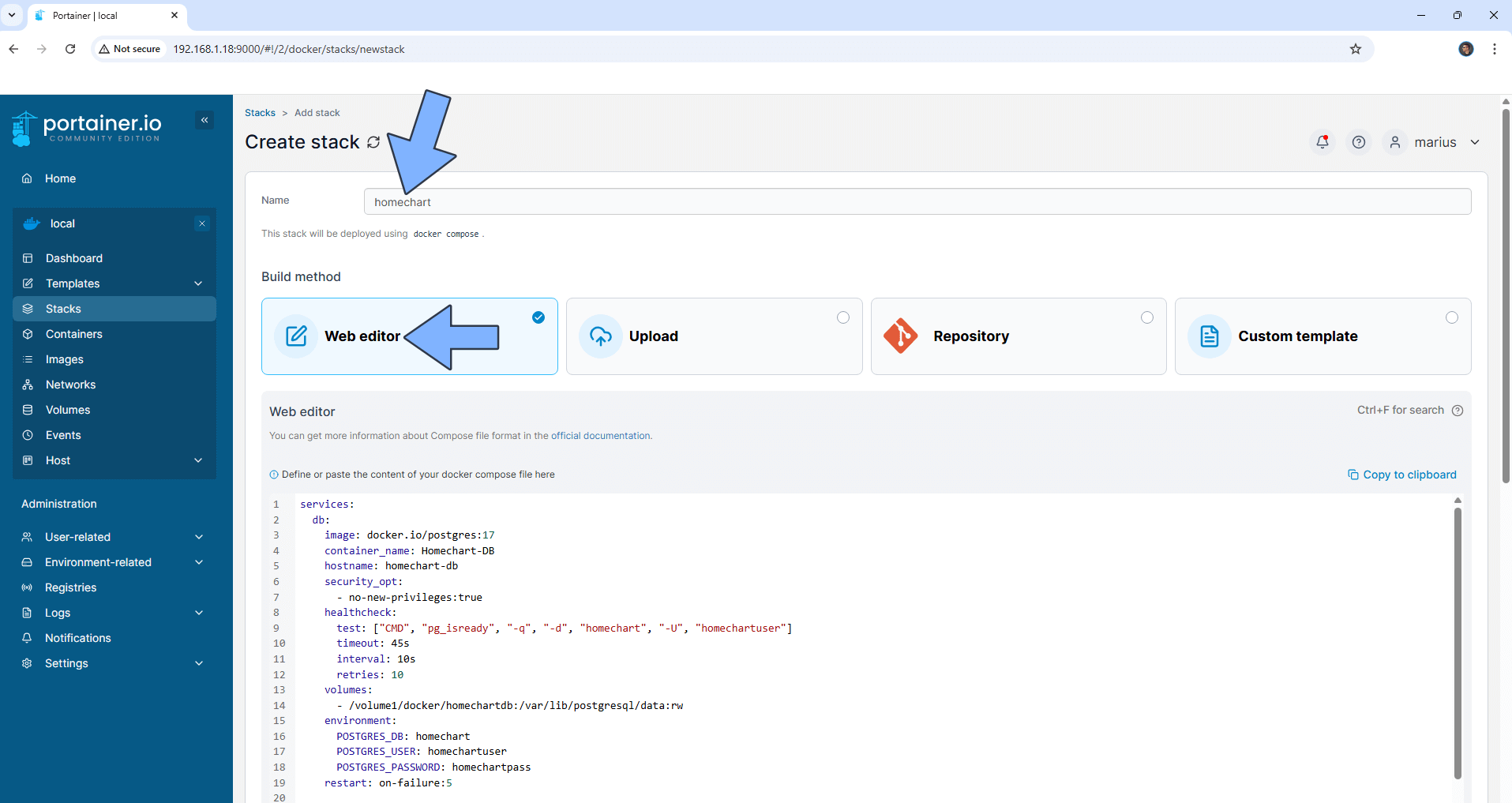
STEP 12
Scroll down on the page until you see a button called Deploy the stack. Click on it. Follow the instructions in the image below. The installation process can take up to a few minutes. It will depend on your Internet speed connection.
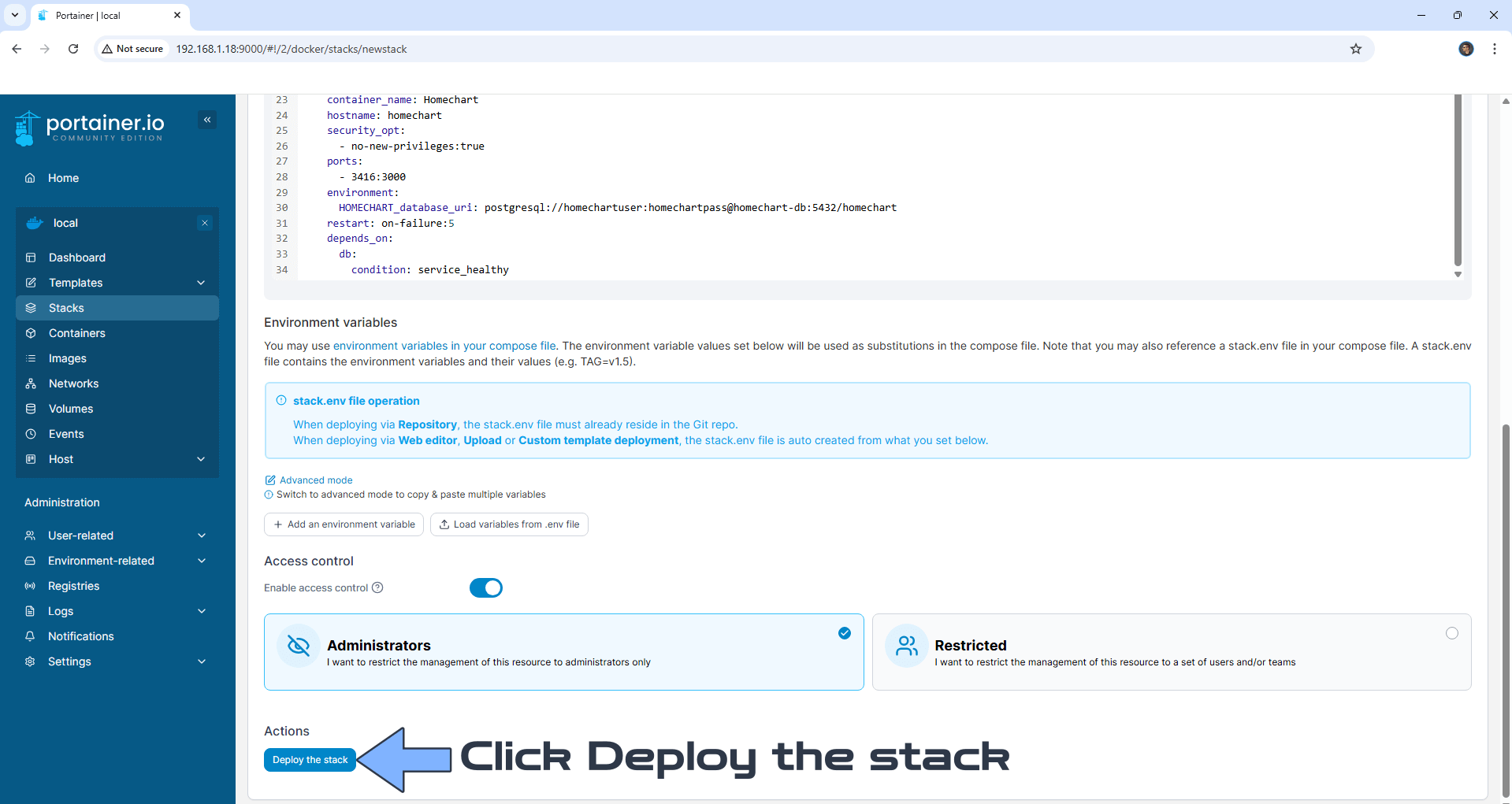
STEP 13
If everything goes right, you will see this message at the top right of your screen: “Success Stack successfully deployed“.

STEP 14
🟢Please Support My work by Making a Donation. Almost 99,9% of the people that install something using my guides forget to support my work, or just ignore STEP 1. I’ve been very honest about this aspect of my work since the beginning: I don’t run any ADS, I don’t require subscriptions, paid or otherwise, I don’t collect IPs, emails, and I don’t have any referral links from Amazon or other merchants. I also don’t have any POP-UPs or COOKIES. I have repeatedly been told over the years how much I have contributed to the community. It’s something I love doing and have been honest about my passion since the beginning. But I also Need The Community to Support me Back to be able to continue doing this work.
STEP 15
Now open your browser and type in your HTTPS/SSL certificate like this https://homechart.yourname.synology.me that you have previously created at STEP 5. In my case it’s https://homechart.mariushosting.synology.me If everything goes right, you will see the Homechart Login page. Click Sign up. Follow the instructions in the image below.
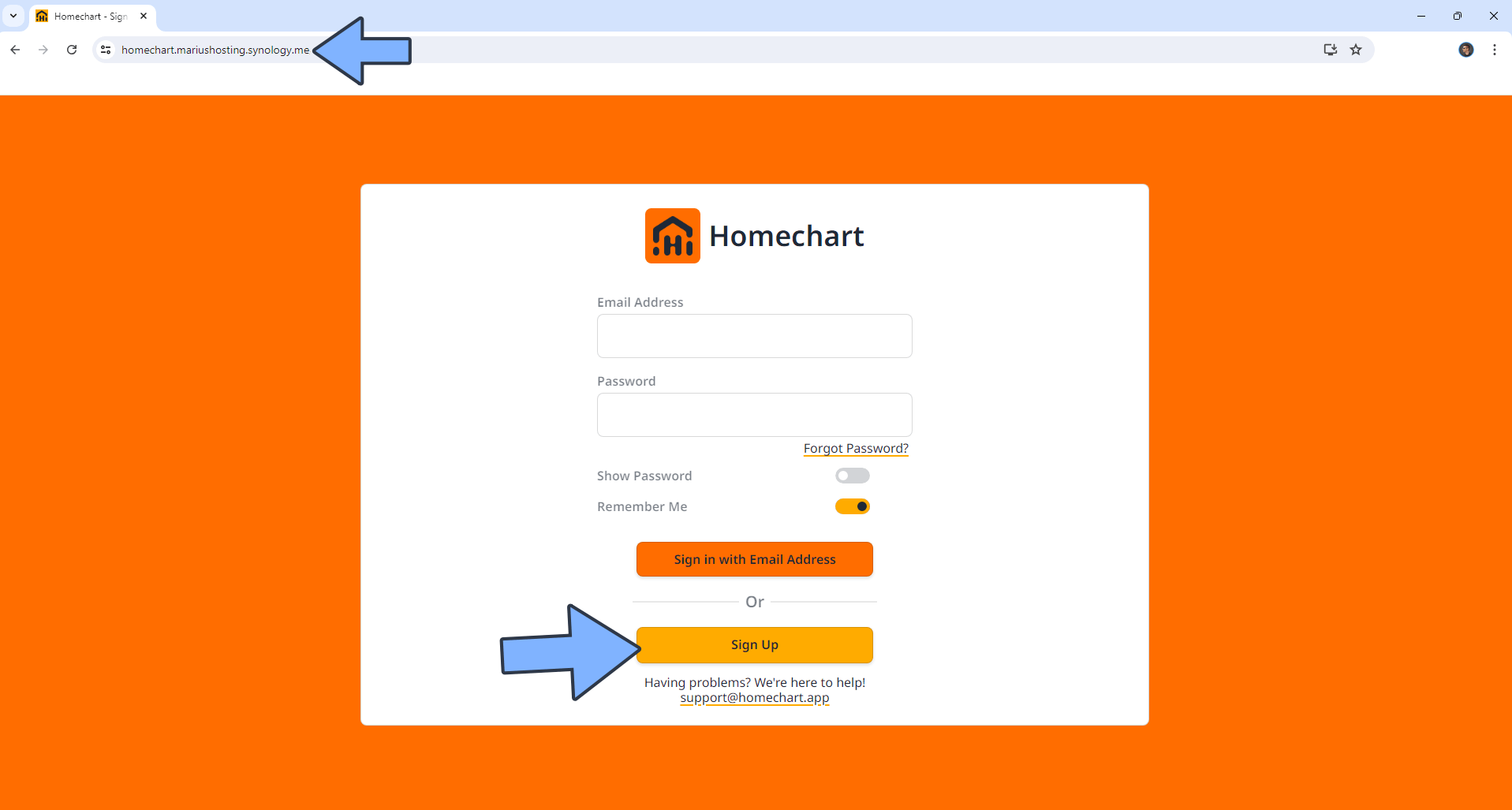
STEP 16
Add your own Email Address and your own Password. Click Sign up with Email Address. Follow the instructions in the image below.
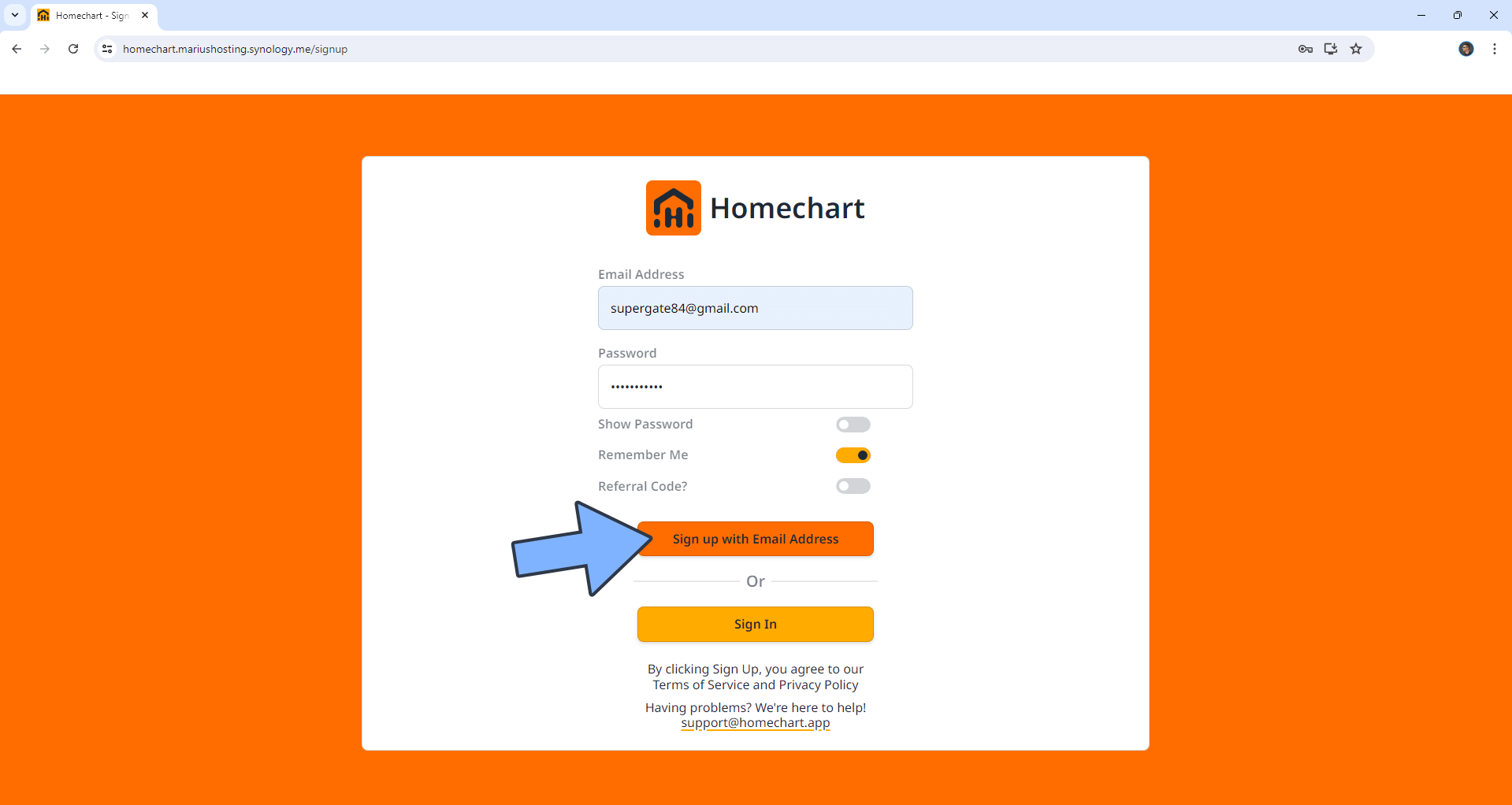
STEP 17
Give a Name to the instance. Set up the language, date and time. Change the color and theme, then click Next. Follow the instructions in the image below.
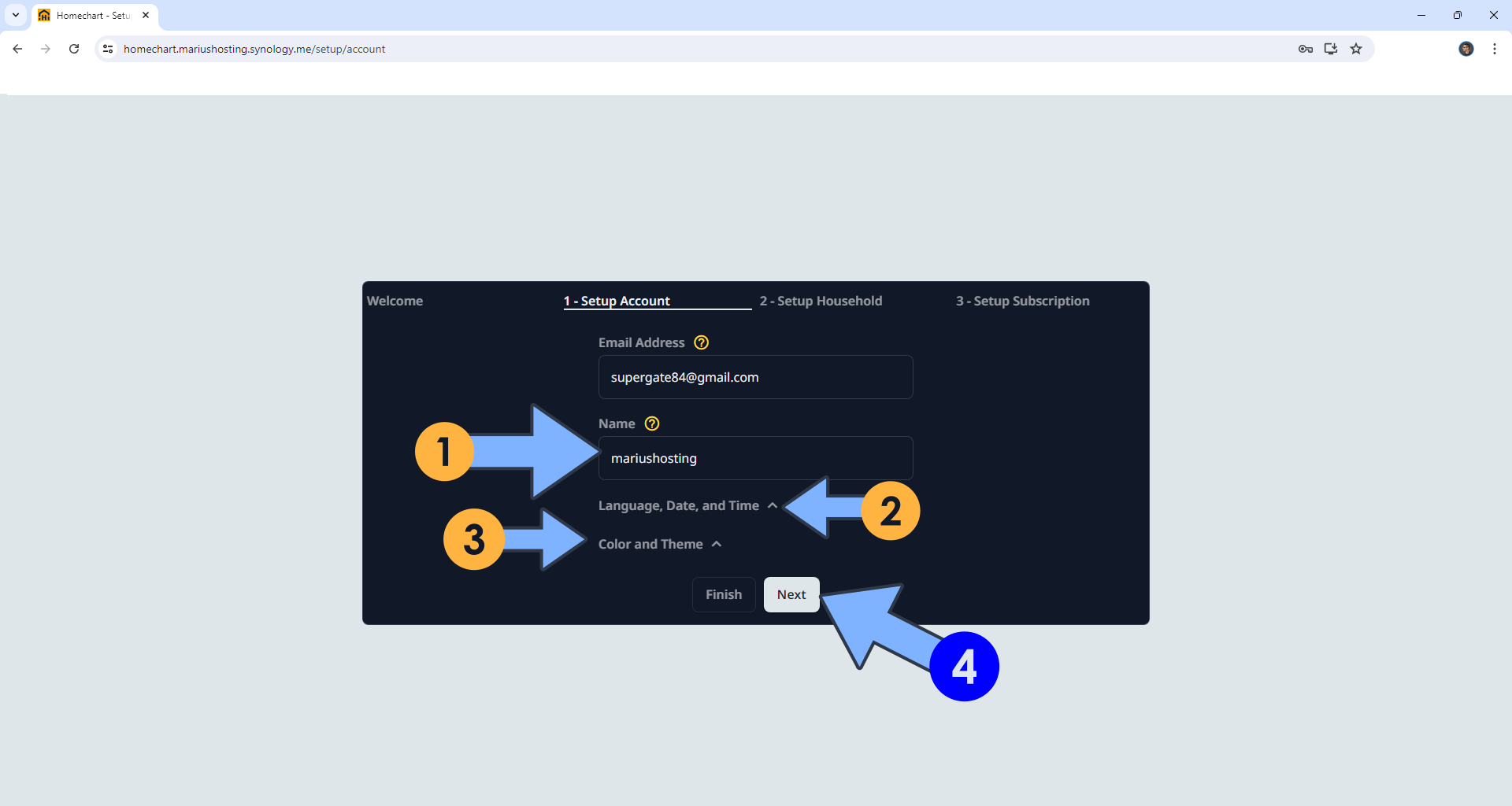
STEP 18
Click +Add Household. Follow the instructions in the image below.
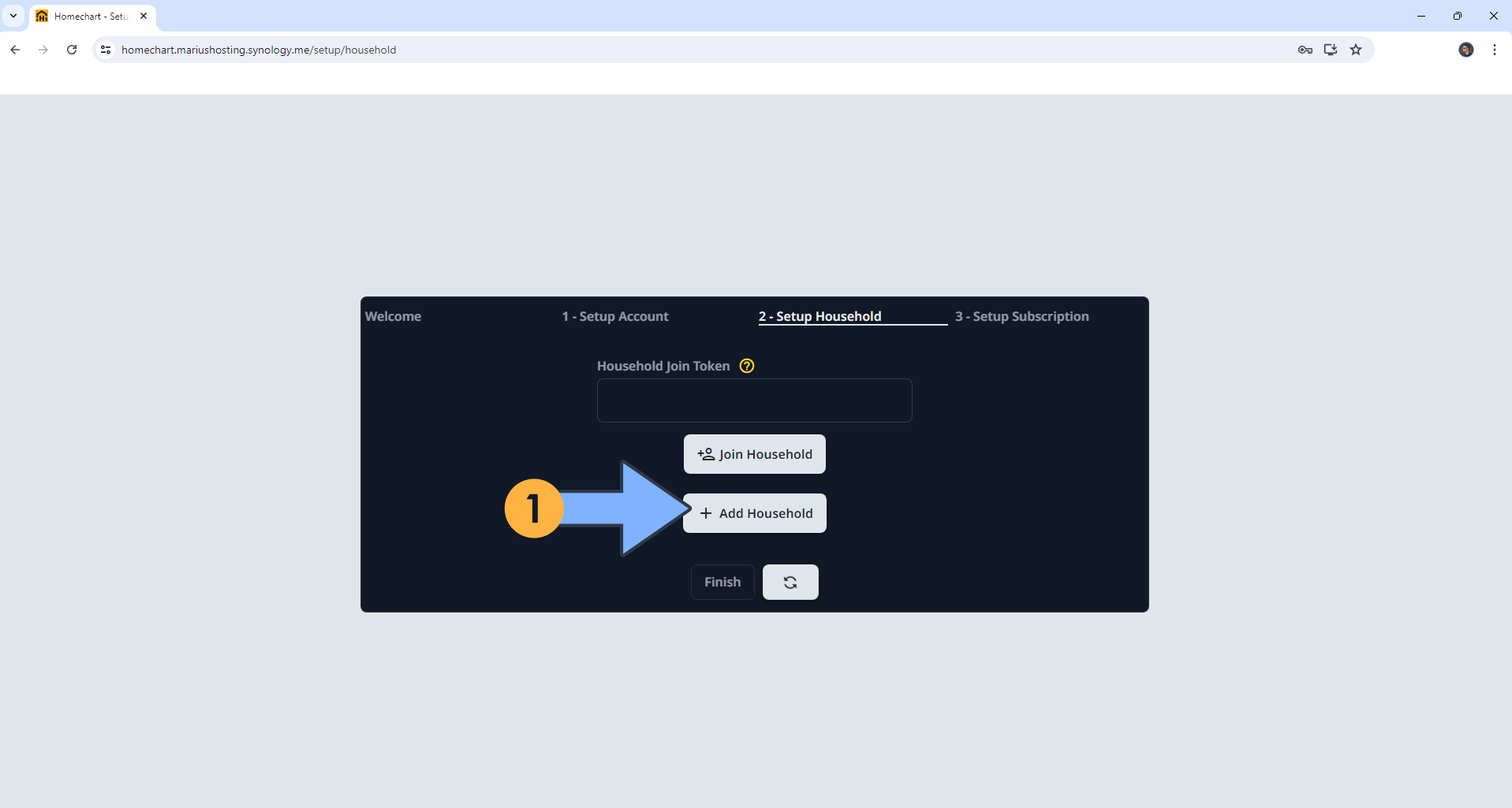
STEP 19
Select your Currency Format, then click Next. Follow the instructions in the image below.
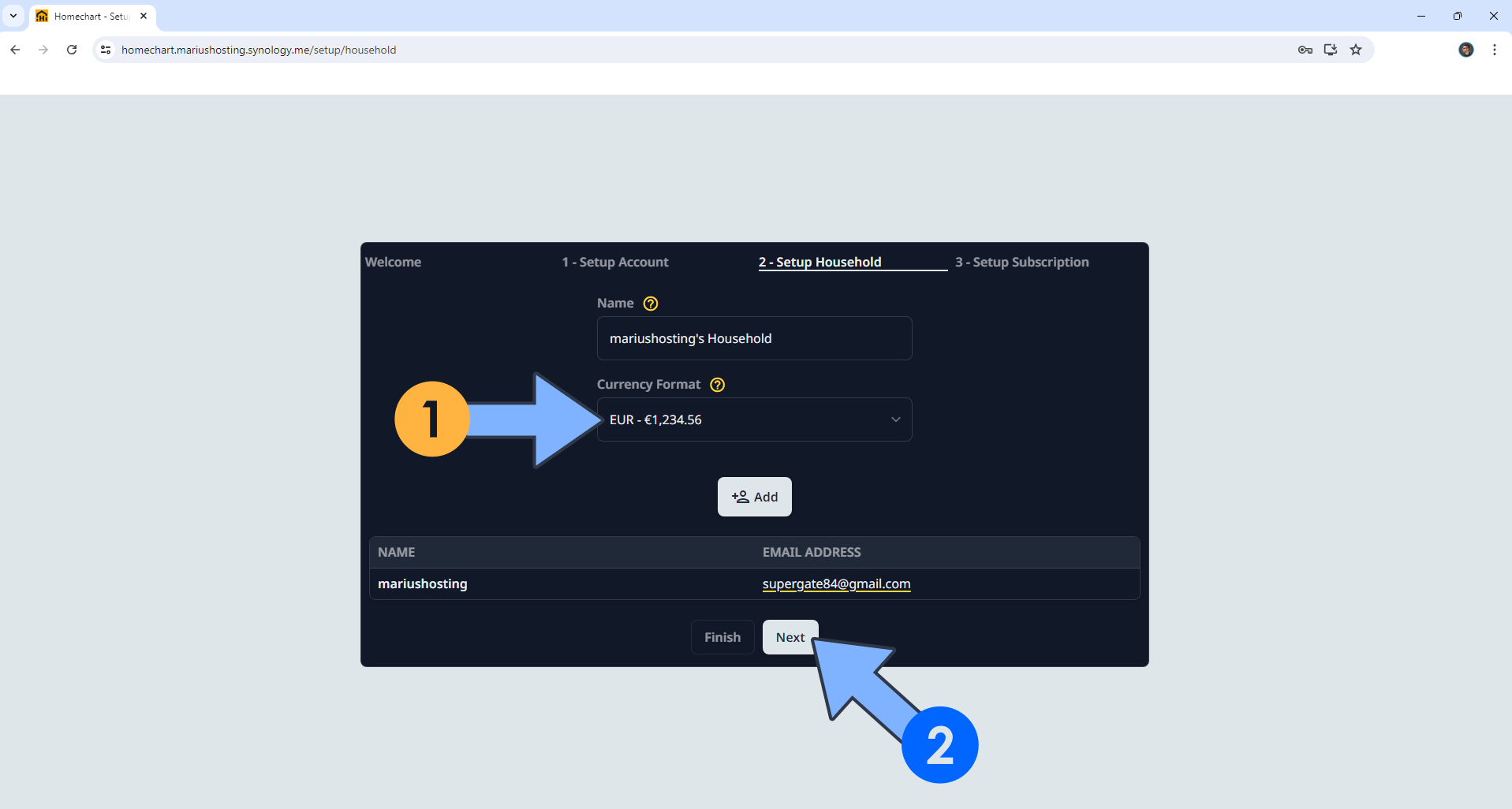
STEP 20
Click Finish. Follow the instructions in the image below.
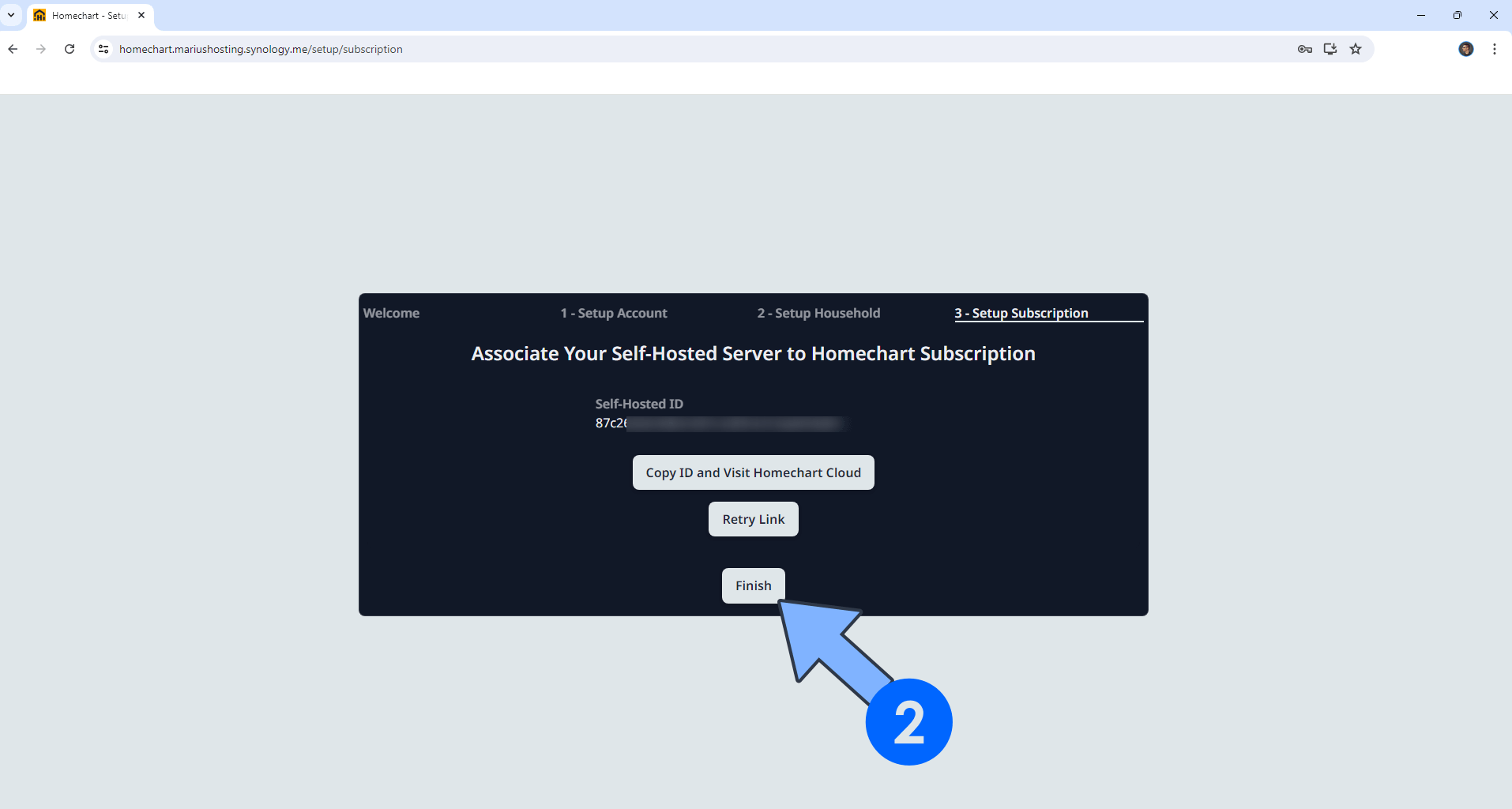
STEP 21
Your Homechart dashboard at a glance!
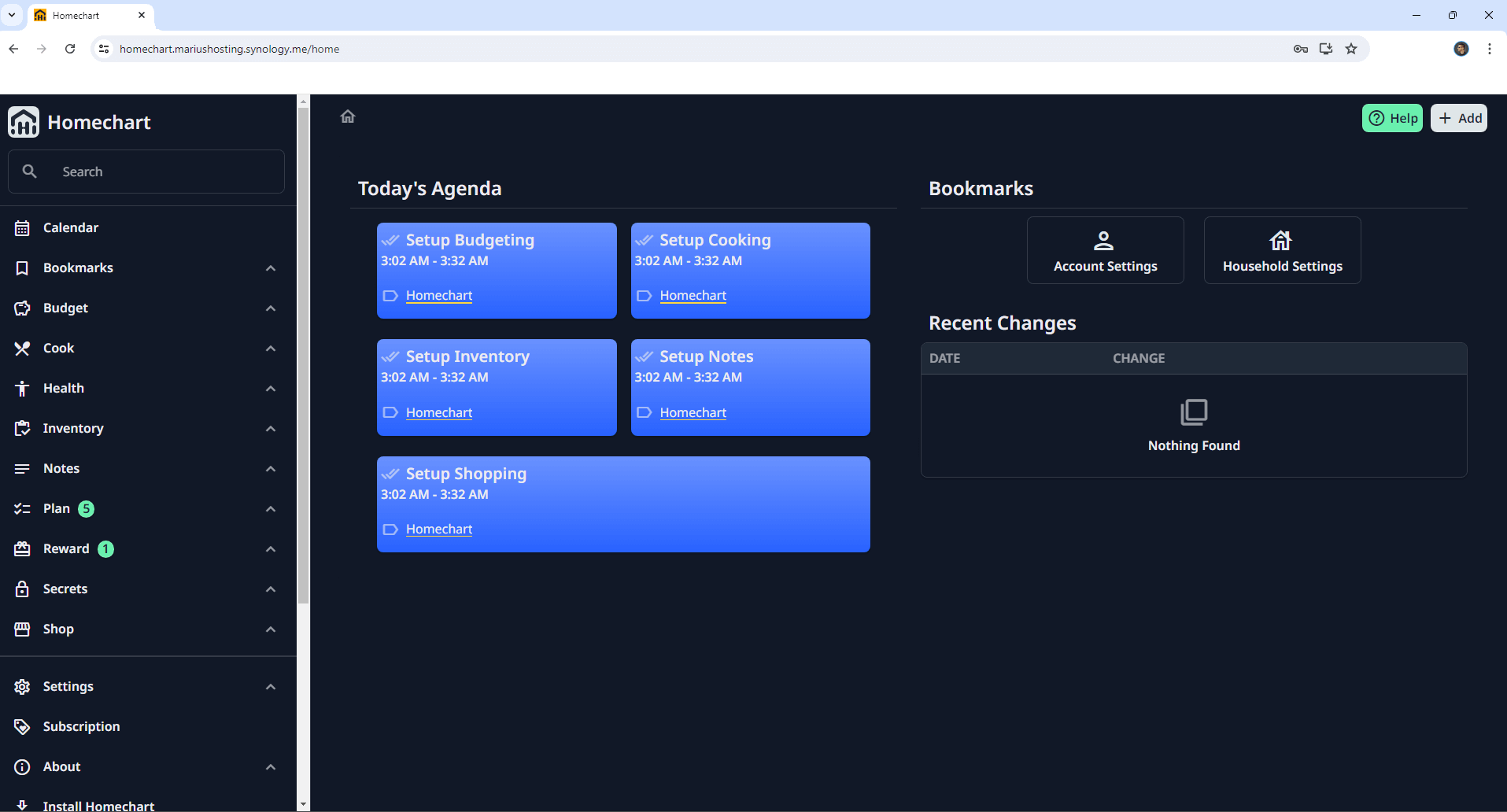
Enjoy Homechart!
If you encounter issues by using this container, make sure to check out the Common Docker issues article.
Note: Can I run Docker on my Synology NAS? See the supported models.
Note: How to Back Up Docker Containers on your Synology NAS.
Note: Find out how to update the Homechart container with the latest image.
Note: All persistent data is stored in PostgreSQL database, Homechart doesn’t save anything locally.
Note: How to Free Disk Space on Your NAS if You Run Docker.
Note: How to Schedule Start & Stop For Docker Containers.
Note: How to Activate Email Notifications.
Note: How to Add Access Control Profile on Your NAS.
Note: How to Change Docker Containers Restart Policy.
Note: How to Use Docker Containers With VPN.
Note: Convert Docker Run Into Docker Compose.
Note: How to Clean Docker.
Note: How to Clean Docker Automatically.
Note: Best Practices When Using Docker and DDNS.
Note: Some Docker Containers Need WebSocket.
Note: Find out the Best NAS Models For Docker.
Note: Activate Gmail SMTP For Docker Containers.
This post was updated on Sunday / August 24th, 2025 at 7:34 PM
